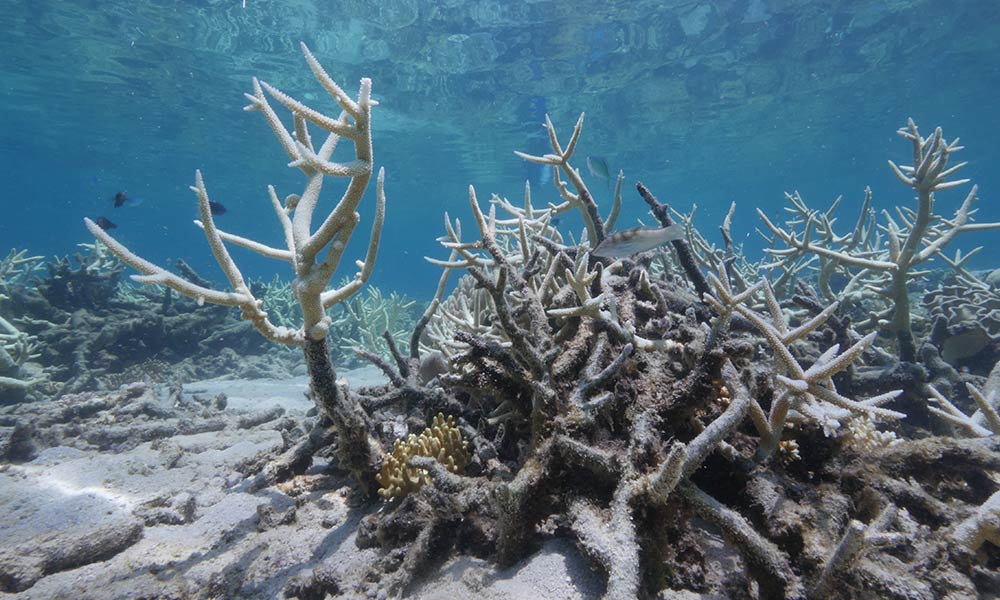The Earth is warming up, and the phenomenon of the overall temperatures of the planet rising is referred to as Global Warming. This trend of increasing atmospheric temperature has had been observed since as far as 1880. The industrial revolution blew the bugle and marked the beginning of the era of rising annual global temperatures, with an average increase of 0.07 degrees Celsius (0.13 degrees Fahrenheit) every ten years since 1980. The average rate of increase has doubled in the last two decades – and it seems there is no sign of it slowing down.
There are several elements that affect the Earth’s climate over time, such as temperature, atmospheric pressure, wind, rain, and humidity. This creates a network of intricate ecosystems where plants and animals’ life, growth, and survival are affected by a slight change in the climate and throw it out of balance.
Causes of Global warming
The Greenhouse Effect
Increased human activity such as excessive use of fossil fuels, deforestation, and industrialisation has been central to the drastically changing climatic conditions and increased concentration of greenhouse gases.
The heat-trapping pollutants like carbon dioxide (CO2), methane, nitrous oxide, and other fluorinated gases form a layer over the Earth’s atmosphere. Instead of the radiation escaping back into space, this layer absorbs the sunlight and solar radiation reflected from the Earth’s surface. This process traps the heat for years and centuries, leading to rising temperatures and a hotter planet.
Natural cycles and fluctuations also influence Earth’s climate. Some have even blamed the Sun for the global warming trend. Proxy indicators such as sunspot records and the amount of carbon in tree rings are generally used to estimate solar irradiance. However, research shows that neither the natural cycles nor solar irradiance can account for more than 10 per cent of the recent global warming.
Effects of Global Warming
One of the main effects that global warming has is climate change. Commonly these two terms are used interchangeably. However, they are different. The change in the weather patterns and growing seasons across the globe is referred to as climate change. Melting ice sheets, expanding warmer seas and oceans leading to rising sea levels are the effects of climate change.
A recent report issued by the Intergovernmental Panel on Climate Change (IPCC) reveals some shocking climate change findings. The research conducted by 90 scientists from over 40 countries concludes that limitig global warming to 2 degrees Celsius is no longer a viable option. To curb any further devasting effects of climate change, global warming must be limited to 1.5 degrees Celsius by 2040. In the event the world fails to achieve this mark, then events like floods, fires, or varying temperatures will no longer be a statistical anomaly but will instead become a seasonal happening just like changing seasons.
Though in our daily lives we might not understand the impact of global warming and climate change, the changes to the environment are happening now and, with time, will make a more significant impact than ever before. If we look around closely, what used to be subtle hints, are now taking more devastating effects such as:
- Extended periods of wildfires
- Melting glaciers and ice caps in Antarctica and the Artic.
- Bleaching of the coral reefs

- Warmer and acidic oceans
- Extreme weather conditions due to rising temperatures
- Spread of diseases
- Farming has been affected by changing rainfall patterns, severe drought, and heat waves. The growth of the produce is mutated, and the quality of the crops has also been affected.
The future is not determined; it is on our hands
David Attenborough
While not a lot, there is still time to act and slow down the pace of global warming. The Earth has already warmed 1.1 degree Celsius above the pre-industrial levels. The need of the hour is to bring all nations together and work towards building a fossil-fuel-free economy. And the next decade is crucial in achieving this target. Countries have the technology, scientific foresight and solutions to reverse the damage for a healthier planet. Using alternative and renewable sources of energy like wind, water and electricity; adoption of a flexitarian diet with less dependence on meat; afforestation drive etc., can save our planet Earth. Do you pledge to save our planet?
